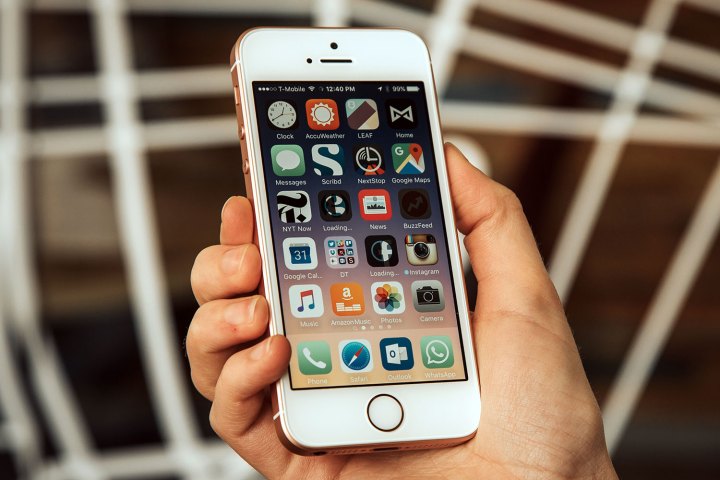
The California Institute of Technology (Caltech) filed a lawsuit against Apple on May 26, with the university accusing the company of patent infringement. More specifically, Apple knowingly violated four of Caltech’s patents, which are reportedly vital to the 802.11n and 802.11ac Wi-Fi standards, in all of its major products from 2012 onward.
Every major Apple product from the iPhone 5 onward, including iPads, MacBooks, and the Apple Watch, used Broadcom chips that seemingly utilized the university’s patented decoding and encoding technology. This technology allows for “faster data transmissions” and performance while minimizing the hardware necessary to offer Wi-Fi.
As such, not only is Apple listed on the lawsuit, since it makes up roughly 14 percent of Broadcom’s revenue — this figure makes Apple one of Broadcom’s biggest customers — but Broadcom as well, since it made the infringing Wi-Fi chips in the first place.
In the lawsuit, Caltech did not say how much it seeks in damages, though the university does want “adequate” damages and other relief that the court would deem “just and equitable.” Furthermore, Caltech wants a jury trial, as well as both a preliminary and permanent sales injunction in the U.S. against the infringing products.
This is not the first time Apple has faced off against a university in court. In October 2015, Apple lost a patent case against the University of Wisconsin-Madison over the company’s mobile processors, specifically the A7, A8, and A8X processors. Going back even further, in July 2013, Boston University sued Apple for patent infringement and sought a sale injunction against many of the company’s major product lines.
Editors' Recommendations
- The biggest threat to the MacBook this year might come from Apple itself
- MacBooks could soon fall behind the iPad Pro in this important way
- Everything Apple didn’t announce at its ‘Scary Fast’ launch event
- Update your Apple devices now to fix these dangerous exploits
- Everything Apple didn’t announce at its iPhone 15 event


